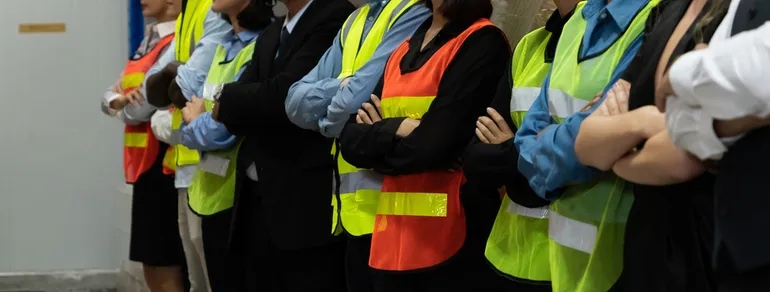Hrdive
3w
141

Image Credit: Hrdive
Don’t try to wait out Trump change to NLRB captive-audience ban, attorneys say
- The NLRB's decision to ban mandatory meetings in which employers express views about unionization during an organizing campaign presents numerous implications for companies.
- The board’s finding, in a case involving Amazon’s Staten Island, New York, facilities, overturns a 76-year-old precedent, Babcock & Wilcox, that had permitted employers to hold these mandatory meetings.
- NLRB General Counsel Jennifer Abruzzo had been signaling for a couple of years that such a result was likely, said Ohio management-side employment attorney Jonathan Hyman.
- There’s a First Amendment concern with singling out employer meetings with anti-union speech impedes the free speech guarantee, said Marvin Kaplan, the board’s lone Republican appointee, in his dissenting opinion.
- With Donald Trump set to return to the presidency on Jan. 20, 2025, there is little doubt that changes are coming at the NLRB. But companies that try to run out the clock and delay compliance with the Amazon ruling would be making a mistake, according to Los Angeles management-side attorney Mark Theodore.
- The NLRB made clear in its decision that employers may continue to hold voluntary meetings for their workforce about unionization efforts, but compliance need not be a massive headache for companies.
- Eleven states have passed or already enacted laws banning captive-audience meetings, but once the NLRB reverses course, these state laws could also be at risk, Theodore and Hyman said.
Read Full Article
8 Likes
For uninterrupted reading, download the app